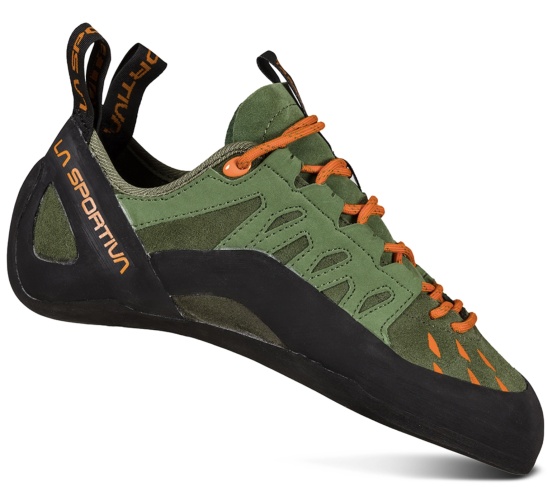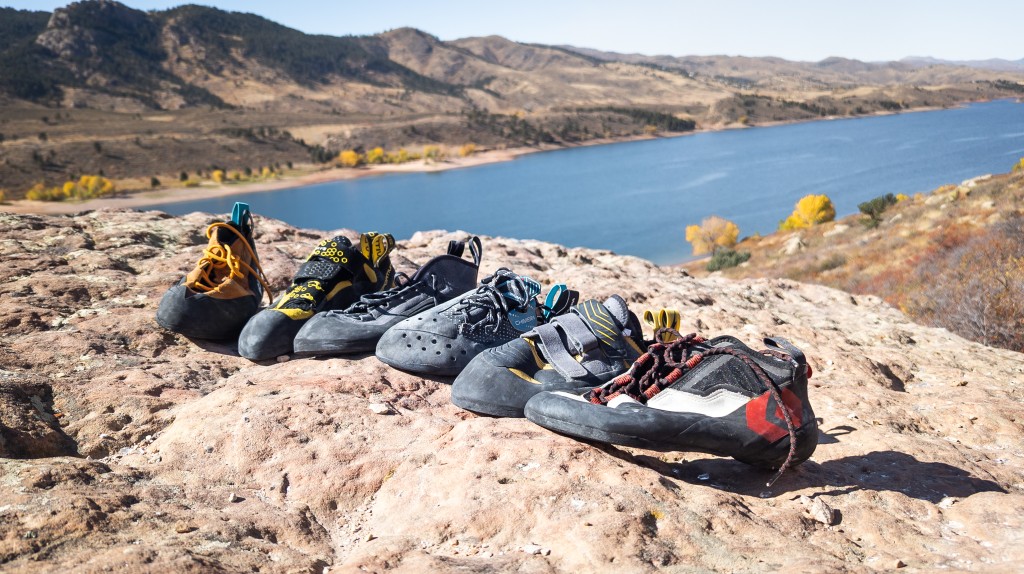The Importance of Selecting the Right Footwear
When it comes to climbing, the first piece of equipment that comes to mind is often the harness or the ropes. However, the importance of a good pair of climbing shoes cannot be overstated. As good shoes for climbing are the direct connection between you and the rock or wall, they play a crucial role in your performance and safety. The right pair can enhance your grip, improve your balance, and provide the necessary support for your feet during strenuous climbing activities.

Understanding Climbing Shoe Anatomy
The anatomy of good shoes for climbing includes several key components: the upper, the sole, the heel, and the lacing system. Each part is designed to provide specific benefits. For instance, the downturned sole helps in maintaining contact with the holds, while the lacing system ensures a snug fit that conforms to the individual’s foot shape. Understanding these components can help climbers choose the right pair of shoes that cater to their climbing style and preferences.

Choosing the Right Fit and Style
The fit of your good shoes for climbing is paramount. A shoe that is too tight can restrict blood flow and cause discomfort, while one that is too loose can lead to slips and reduced grip. It’s essential to try on different styles and sizes to find the perfect fit. Additionally, the style of the shoe, such as aggressive or neutral, should align with the type of climbing you plan to do. As a climber, you must consider your personal comfort and the demands of your climbing routes.

Materials and Durability
The materials used in the construction of good shoes for climbing greatly affect their durability and performance. Rubber soles provide excellent grip, but the type of rubber and its hardness can vary. Leather uppers are known for their comfort and breathability, while synthetic materials offer a lighter weight. Climbers must weigh the pros and cons of different materials based on their climbing frequency, the nature of the climbs, and personal preferences.

Maintenance and Care of Climbing Shoes
Proper care of your good shoes for climbing extends their lifespan and ensures consistent performance. This includes cleaning the shoes after use to remove dirt and chalk, airing them out to prevent mold, and using specific techniques to resole or repair them when necessary. Taking care of your climbing shoes is an investment in your climbing experience and safety.

In conclusion, the choice of good shoes for climbing is a personal and critical decision that can significantly impact your climbing experience. By considering the shoe’s anatomy, fit, style, materials, and maintenance, climbers can select the optimal footwear for their needs. Remember, the right pair of climbing shoes is an investment in your climbing journey, enhancing your performance and ensuring your safety on the wall.
